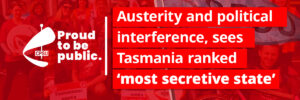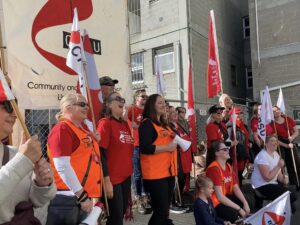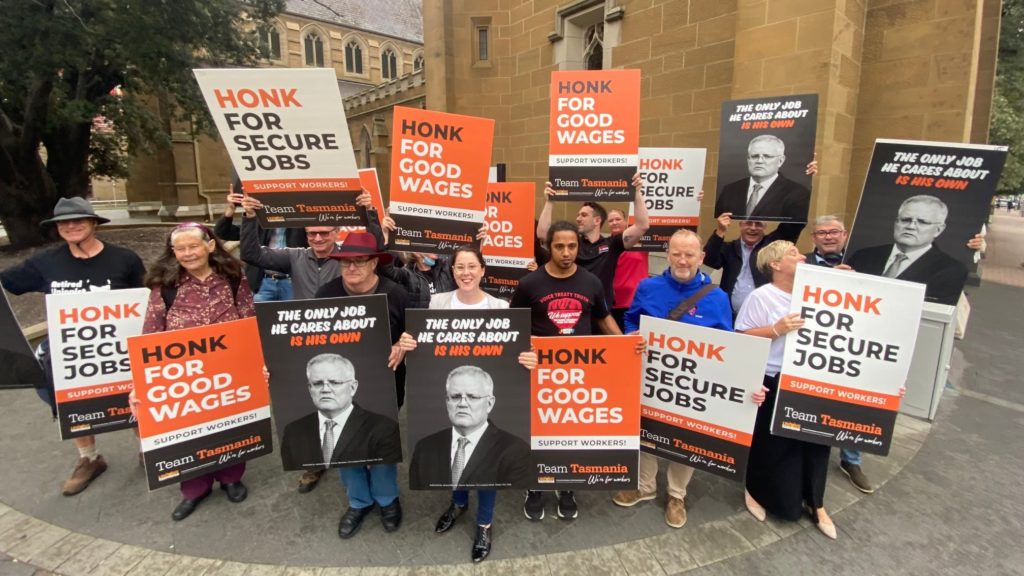
Cost of living pressures
The pressure on Australian workers to make ends meet is immense as the price of everything rises faster than their wages. Expect to see one-off payments to low income earners, but how far will $250 go in covering rising costs? Calculations from the ACTU show a $250 payment will cover rising costs for the average worker for about 10 weeks – in other words, just past the election.
Skyrocketing petrol prices are making things hard for many families, particularly those with long commutes. It seems likely Frydenberg will cut the 44 cent per litre excise by between 10 and 20 cents – but only for 6 months. While even this short term support will come as a relief for many – most economists say this is the wrong way to address rising oil prices – too little, too late.
What Australians need is a pay rise – a significant increase in their fortnightly wages above the rising cost of living, but it’s unlikely we’ll see anything to support this in the budget. They could support the ACTU claim for a substantial increase in the minimum wage. They could support the claim at Fair Work for a 25% increase for aged care workers. They could pay Federal public sector workers higher salaries. All these things are within the control of the Federal government and would put upward pressure on wages.
By far the best way to deal with rising costs of living is to put money into pay packets permanently, not through one-off sugar hits.
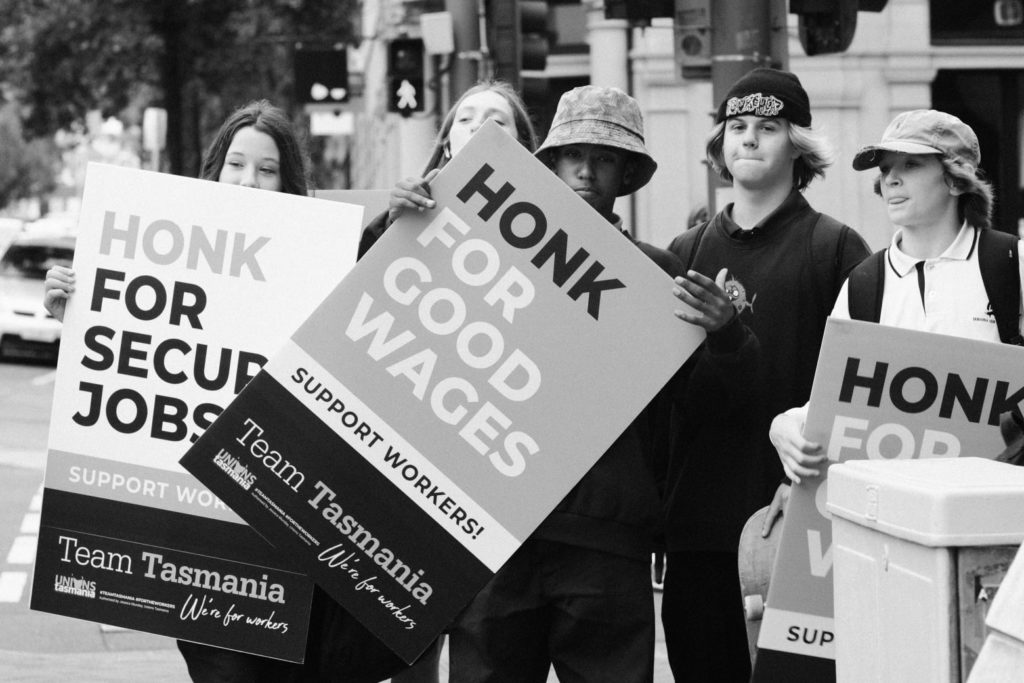
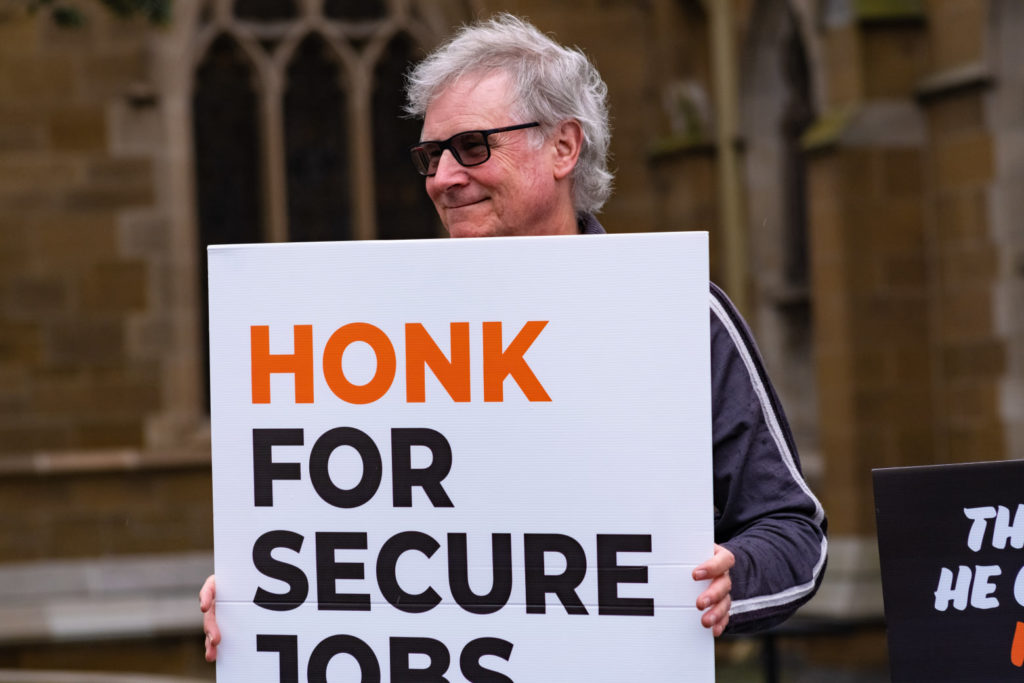

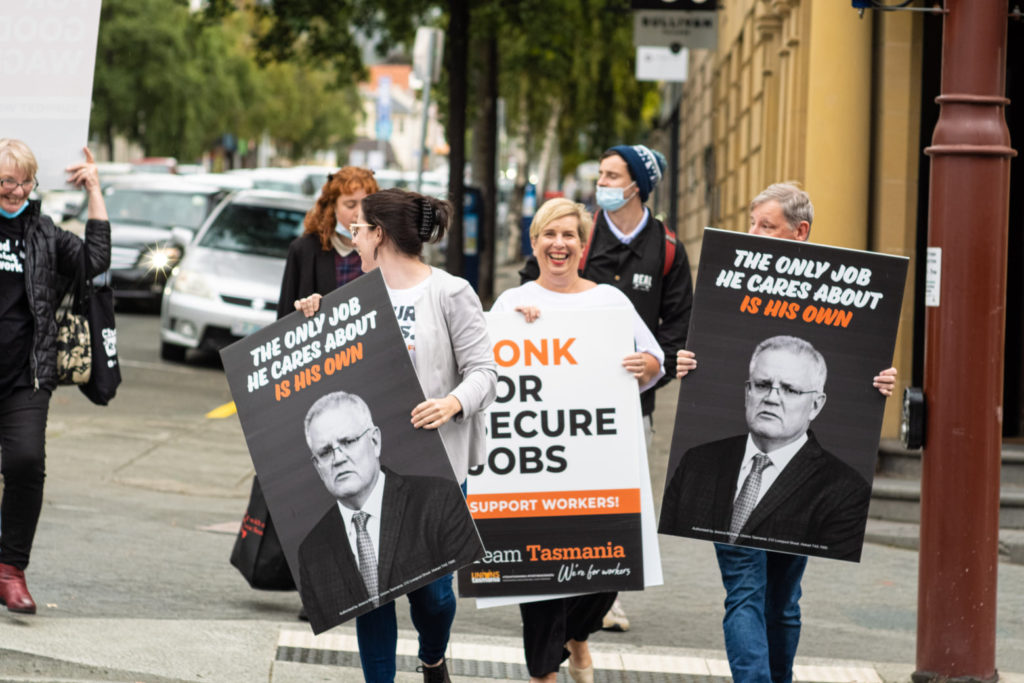
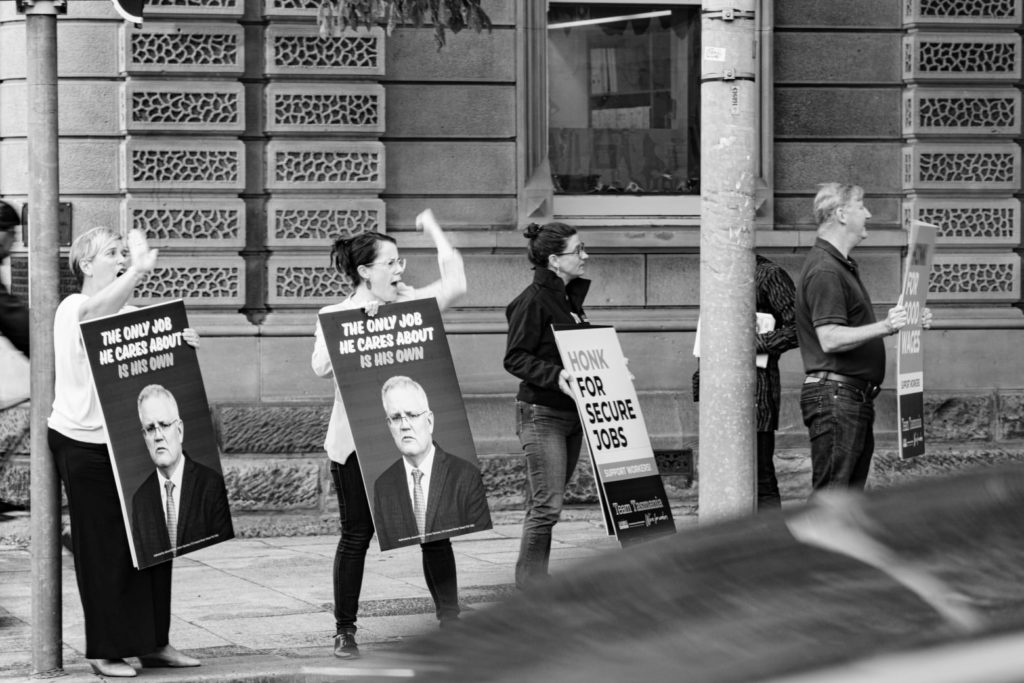
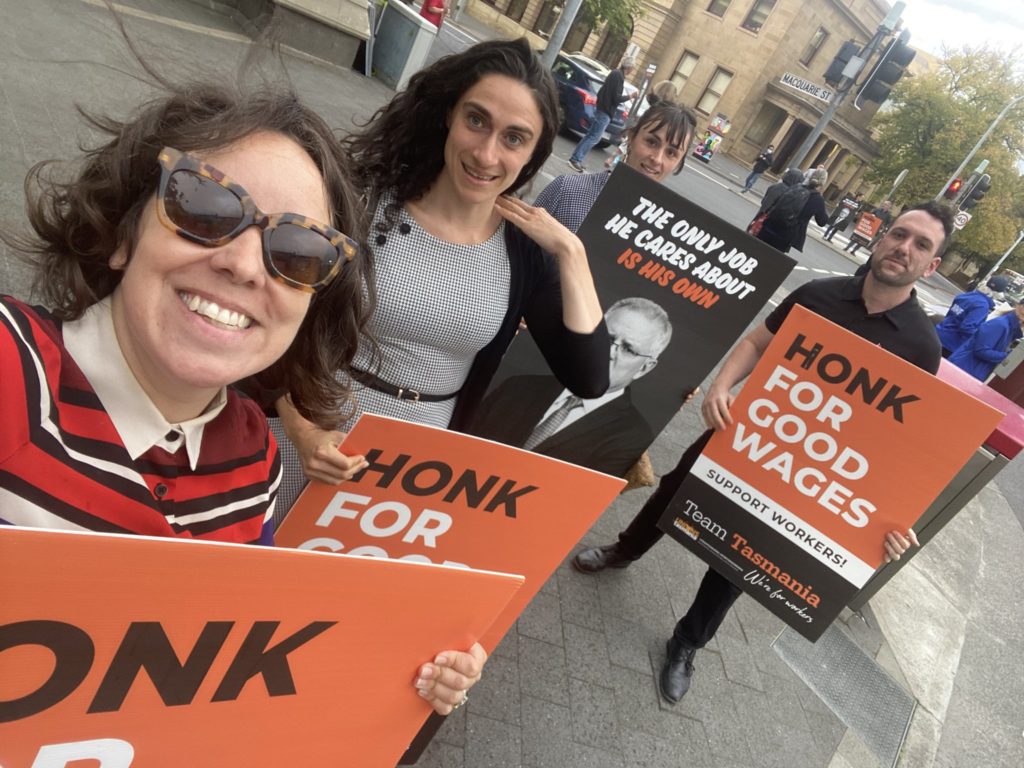
Waste and Rorts
While Treasurer Frydenberg will tell you his government are great economic managers you can be sure the budget will be choc full of election sweeteners. Barnaby Joyce has already been travelling the country announcing millions for regional seats that he traded for the Nationals ‘support’ for a net zero by 2050 carbon policy. There will be more in the budget – promises for submarine bases, hydrogen manufacturing, commuter car parks and sports facilities.
What you won’t see are long term commitments to fund health and education in our states. COVID and other emergencies has again highlighted that our states, who deliver the basic services all Australians rely upon, are under funded. The Morrison government promised a 50/50 split on health costs but when these costs exploded dealing with COVID they walked away from that commitment.



